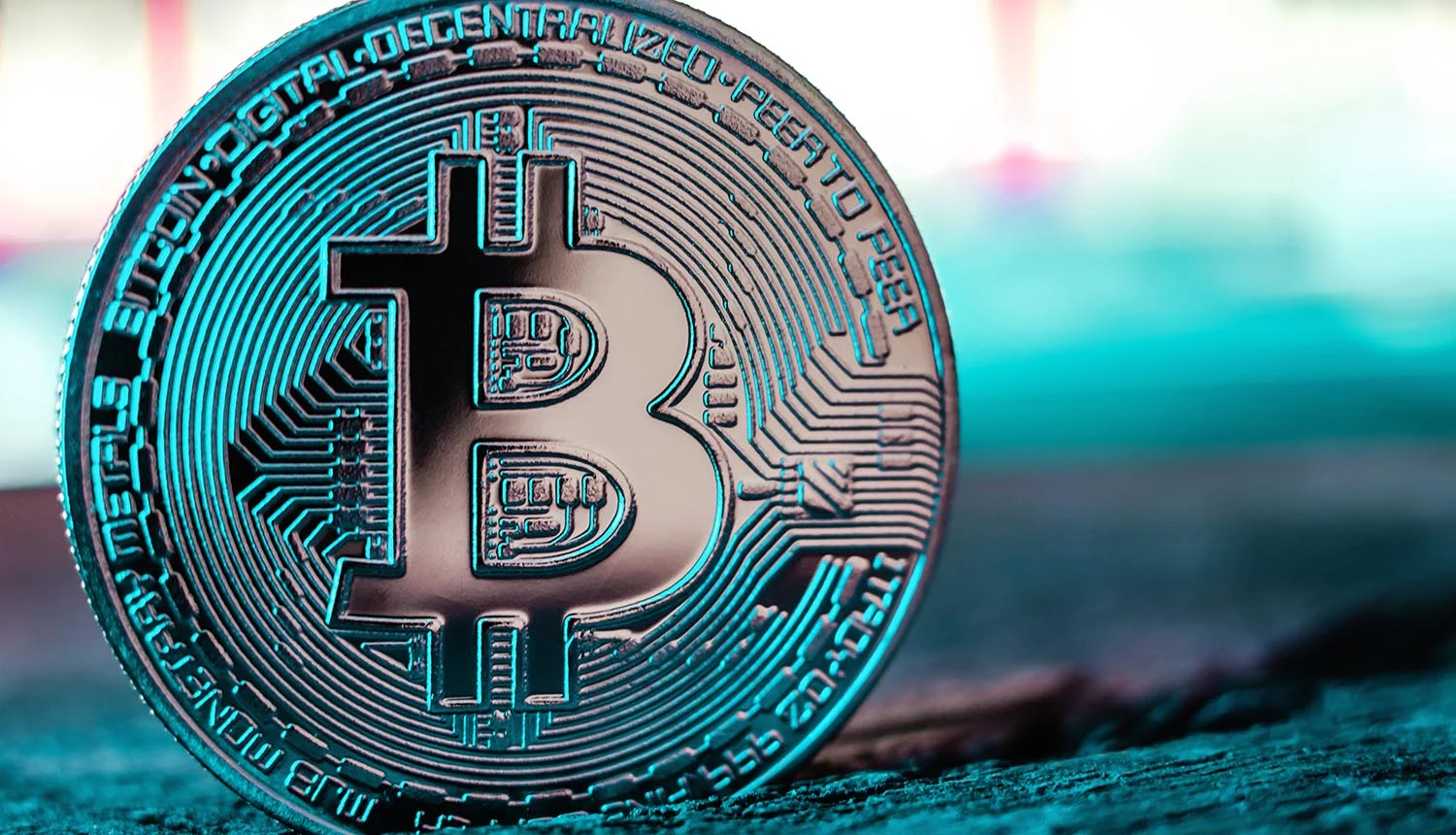In an unprecedented shift, Bitcoin has not only reached new all-time highs but has also solidified itself as a cornerstone of the modern financial landscape. As traditional financial institutions, including the world’s largest banks, begin offering cryptocurrency investment services, Bitcoin’s surge in price is now seen as a signal of much larger shifts in the global financial system. These developments mark an extraordinary transformation, where cryptocurrencies, once considered niche and speculative, are now becoming an integral part of mainstream finance.
The launch of Bitcoin investment services by major banks such as JPMorgan Chase, Bank of New York Mellon, Citigroup, and Goldman Sachs is sparking widespread optimism across the financial world. In particular, these institutions are now offering a range of services including crypto trading, custodial services, and even Bitcoin-related investment funds. For the first time, Bitcoin is being presented alongside traditional investment vehicles, positioning it as a legitimate asset class in the eyes of institutional investors, regulators, and the broader public.
The Role of Traditional Banks in Driving Bitcoin’s Adoption
For years, Bitcoin was dismissed by many traditional financial experts and institutions as volatile and impractical. The skeptics argued that Bitcoin, with its decentralized and unregulated nature, could never be integrated into the established financial ecosystem. However, the tide has turned. As central banks around the world grapple with issues of inflation and economic instability, Bitcoin has emerged as an appealing alternative investment option, and major financial institutions are taking note.
JPMorgan Chase, for example, has been a strong advocate for cryptocurrency adoption, even launching its own digital currency, JPM Coin, to settle cross-border payments. Similarly, Goldman Sachs has re-entered the crypto space, offering cryptocurrency investment products and advisory services. The decision to offer crypto-related services signals that these institutions are now not only acknowledging Bitcoin’s place in the future of finance but also taking active steps to incorporate it into their offerings.
Why has this shift occurred? The answer lies in Bitcoin’s growing appeal as a store of value, particularly in the context of macroeconomic conditions that include rising inflation, currency devaluation, and the ongoing effects of the global pandemic. Bitcoin’s unique qualities—its scarcity, decentralized nature, and strong security—make it a valuable hedge against inflation, drawing institutional investors and high-net-worth individuals eager to protect their wealth.
Bitcoin as a Safe Haven Asset Amid Economic Uncertainty
Global economic uncertainty, particularly rising inflation, has made investors increasingly wary of holding traditional fiat currencies. With central banks printing vast amounts of money to stimulate economies in the wake of the COVID-19 pandemic, the value of traditional currencies is under threat. As inflation continues to rise, many investors are seeking alternatives to safeguard their wealth. This is where Bitcoin steps in.
Bitcoin’s fixed supply of 21 million coins, combined with growing demand, has made it an attractive store of value. As fiat currencies lose purchasing power, Bitcoin’s scarcity ensures that it cannot be devalued through inflation or central bank intervention. This characteristic has led many investors to view Bitcoin as a digital hedge against inflation, much in the same way that gold has been used historically.
The shift to Bitcoin as a safe haven asset has been propelled by institutional investors, who are increasingly incorporating it into their portfolios. Many asset managers, pension funds, and family offices are now allocating portions of their portfolios to Bitcoin, not just as a speculative investment, but as a strategic move to mitigate risk and preserve wealth over the long term.
Impact of Institutional Adoption on Bitcoin’s Market Dynamics
The arrival of institutional money into the Bitcoin market has had a profound impact on Bitcoin’s price and its overall market structure. Institutional investors bring with them vast amounts of capital, expertise, and market influence, which can help stabilize the historically volatile cryptocurrency market. For example, the introduction of crypto custody services by large banks has addressed one of the major concerns for institutional investors—security.
Before institutional involvement, many investors were hesitant to hold Bitcoin due to the fear of theft or loss. The development of secure, insured, and regulated custody solutions has removed these barriers, allowing institutional investors to store their Bitcoin holdings in a safe and compliant manner. This has made Bitcoin much more accessible to a wider range of investors, further fueling its price growth.
Additionally, the increased presence of institutional investors has brought more liquidity into the Bitcoin market. Liquidity is crucial for any asset class, as it allows investors to buy and sell without causing dramatic price fluctuations. With institutional investors bringing in large sums of capital, Bitcoin’s market is becoming more stable and less prone to wild price swings, which has made it a more attractive investment for traditional investors who are used to the stability of traditional markets.
Bitcoin’s Role in Portfolio Diversification
One of the primary reasons that institutional investors are flocking to Bitcoin is its potential to diversify portfolios. Traditional investment portfolios typically consist of stocks, bonds, and real estate. While these asset classes have provided steady returns for years, they are not without risk. Bitcoin, with its unique characteristics, has proven to be a valuable addition to these portfolios, offering the potential for high returns while simultaneously acting as a hedge against inflation.
Bitcoin’s low correlation with traditional assets makes it a highly effective diversification tool. While stocks and bonds are often affected by the same economic factors, Bitcoin has been shown to move independently of traditional financial markets. This means that investors who hold both Bitcoin and traditional assets are better positioned to weather market downturns, as Bitcoin’s performance can offset losses in other areas of the portfolio.
As more institutional investors add Bitcoin to their portfolios, the asset class is becoming less speculative and more mainstream. It is increasingly seen not just as a store of value or a speculative play, but as a legitimate asset class that can play a central role in portfolio construction.
Bitcoin’s Surge: What Does the Future Hold?
Bitcoin’s meteoric rise to record highs is a testament to the growing confidence in the asset class. However, this is only the beginning. As more traditional financial institutions adopt Bitcoin and other cryptocurrencies, the industry will likely experience continued growth, both in terms of price and market adoption.
Experts predict that Bitcoin’s price could continue to climb as more investors embrace digital currencies. While Bitcoin’s volatility has often been a point of contention, the continued influx of institutional investors is expected to stabilize the market and ensure that Bitcoin remains a key player in the future of finance.
The increased legitimacy brought on by institutional adoption is also paving the way for greater regulatory clarity. As regulators begin to craft more comprehensive policies for cryptocurrencies, Bitcoin’s position as a mainstream asset will only strengthen. With clearer regulations, Bitcoin will be able to further integrate with traditional financial systems, allowing for even broader adoption and acceptance.
What This Means for the Future of Finance
The emergence of Bitcoin as a mainstream financial asset, driven by the adoption of major banks and institutional investors, marks a pivotal moment in the evolution of global finance. As more traditional financial institutions incorporate Bitcoin and other cryptocurrencies into their offerings, the future of finance will undoubtedly be shaped by digital currencies. Bitcoin’s ability to provide an alternative to traditional fiat currencies, its potential to serve as a hedge against inflation, and its growing acceptance among institutional investors make it an integral part of the financial landscape of the future.
For individuals looking to get involved in the cryptocurrency space, now is an ideal time. As Bitcoin breaks records and institutional adoption accelerates, the window of opportunity for early investors remains open. Whether you are looking to invest in Bitcoin as a store of value, a hedge against inflation, or as part of a diversified portfolio, the prospects for the future of Bitcoin are incredibly bright.







Leave feedback about this